Europe faces a pivotal moment. Against a backdrop of intensifying geopolitical headwinds, its fragmented regulatory framework struggles to keep pace with accelerating challenges. Recognising this urgency, the European Commission has set an ambitious agenda to deliver the green and digital transitions while securing strategic autonomy. This mandate prioritises enhancing competitiveness and boosting productivity across critical sectors, underpinning a renewed industrial strategy where security and resilience form the essential backbone. Crucially, financing these priorities requires the EU to confront the persistent investment gap that has constrained its potential for decades.
The critical question is no longer if Europe should act, but how it can effectively mobilise increased capital, such as private savings, into the real economy. The Savings and Investment Union (SIU) has emerged as the cornerstone of Europe’s ambition, aiming to cultivate a regulatory environment conducive to growth. Regulatory simplification—cutting red tape to enable European businesses to scale up—is central to this objective. The EU faces a stark choice: forge a consensus to address structural weaknesses and seize strategic opportunities, or risk diminishing its significance on the global stage.
Financing Europe 2026 will convene leaders from European industry, global finance, and EU and Member State policymaking to examine the urgent choices ahead. Discussions will focus on how to supercharge the EU’s capacity to act, and how greater political ambition, regulatory reform, and supervisory convergence might shape Europe’s competitiveness and resilience in the years ahead.
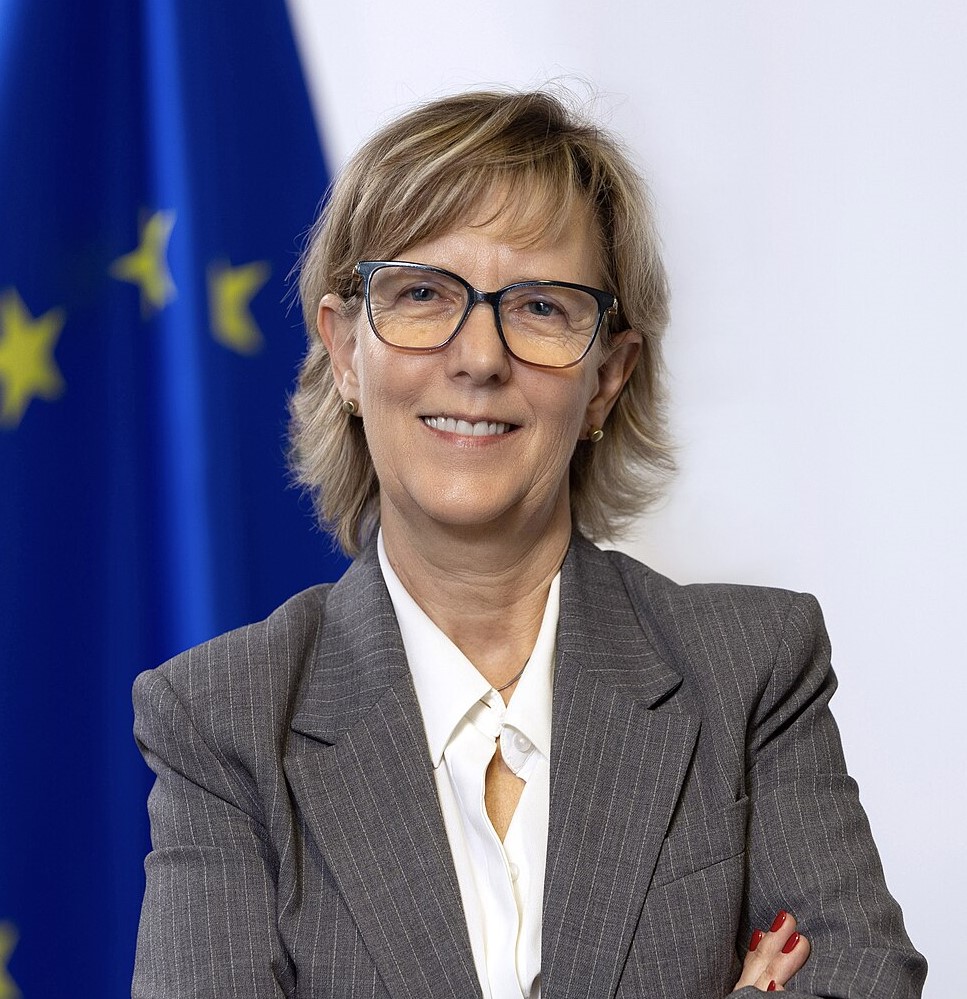
Maria Luís Albuquerque
Commissioner for Financial Services and the Savings and Investments Union,
European Commission

Ulrich Bindseil
Director General
European Central Bank

José Manuel Campa
Chairperson
European Banking Authority

Nikhil Rathi
Chief Executive Officer
Financial Conduct Authority

Dominique Laboureix
Chair
Single Resolution Board

Alexandra Jour-Schroeder
Deputy Director-General, DG FISMA
European Commission

Kim Jørgensen
Director General and Permanent Representative to the EU Institutions in Brussels
European Investment Bank
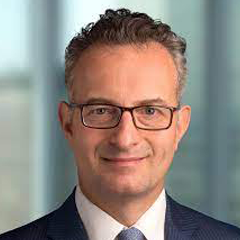
Francesco Ceccato
Chief Executive Officer
Barclays Europe
Note: All session timings below are in Central European Time (CET) and are subject to amendments
You can also download a PDF version of the agenda here
Restoring Europe’s competitiveness is the defining economic challenge of our time, a central theme of both the Draghi report and the European Commission President’s State of the Union address. The SIU is positioned not merely as a financial project, but as the central pillar of Europe’s economic strategy. This address will articulate how the SIU is designed to resolve the investment gap that has stunted European growth for decades. By aiming to create a single, deep pool of capital, the SIU—alongside associated regulatory reforms and simplification efforts—seeks to lower the cost of capital for European businesses, particularly SMEs, and advance the Single Market. Ultimately, these efforts are designed to mobilise private investment, making Europe a more attractive destination for investment, innovation, and growth.
Despite decades of work towards a unified European Capital Markets Union, the Single Market remains fragmented. This fragmentation hinders citizens’ access to high-growth investments and prevents companies from securing the substantial capital required to scale up, ultimately constraining economic growth. The SIU offers a direct response to this challenge, focusing on developing the European economy for the benefit of both citizens and businesses. This session will examine the financial architecture needed to underpin this shift within a globally competitive context. The panel will explore the impact of recent proposals on the EU’s efforts and scrutinise the realistic paths Europe must navigate to enhance its competitiveness. Ultimately, is the EU positioning itself as a leading participant in the global economy, or retreating to the role of a regional player focused solely on its internal market?
As Europe competes fiercely for global capital, what conditions must be met for international investors to choose the EU? This interview will explore the realities of global capital flows and the imperatives for regulatory coherence, particularly regarding alignment with other jurisdictions. We examine the strategic adjustments Europe must make to ensure its market remains deeply interconnected with, rather than isolated from, the established markets of the US and the dynamic growth centres of Asia.
The intensification of geopolitical conflict has driven a radical shift in European policymaking, placing a strong emphasis on strategic autonomy and resilience. As the global landscape fractures, Europe must determine how to deliver economic security across a wide range of areas, including energy independence, critical supply chains, technological leadership, the fortification of critical infrastructure, and the reduction of strategic dependencies. As the EU focuses internally on developing these critical sectors, effective financing mechanisms are essential. This panel will explore the necessary evolution of the regulatory landscape to ensure European players can remain competitive and innovative amidst this uncertainty.
Financial stability is the bedrock of strategic autonomy. As Europe advances the implementation of Basel III and the Crisis Management and Deposit Insurance (CMDI) frameworks, how will these regimes interface with the goal of global competitiveness? This keynote will examine the crucial link between resilience and the ability to project economic power. Ultimately, regulatory frameworks must provide the certainty required to attract investment and afford companies the flexibility needed to scale up.
The digital transition has been a long-term priority for the EU; however, the recent acceleration in AI development underscores the need to expedite efforts to ensure European companies remain competitive. This session will examine the innovations on the digital finance frontier that are reshaping the European landscape. As stablecoins gain traction, questions arise regarding whether MiCA is sufficient to protect European monetary sovereignty. Europe is grappling with the imperative to be competitive in the digital assets space while addressing persistent financial stability concerns. The discussion will explore how the deployment of tokenisation, DLT, and AI continues to present opportunities for innovation in financial services, balanced against the need for robust consumer protection.
Restoring Europe’s competitiveness is the defining economic challenge of our time, a central theme of both the Draghi report and the European Commission President’s State of the Union address. The SIU is positioned not merely as a financial project, but as the central pillar of Europe’s economic strategy. This address will articulate how the SIU is designed to resolve the investment gap that has stunted European growth for decades. By aiming to create a single, deep pool of capital, the SIU—alongside associated regulatory reforms and simplification efforts—seeks to lower the cost of capital for European businesses, particularly SMEs, and advance the Single Market. Ultimately, these efforts are designed to mobilise private investment, making Europe a more attractive destination for investment, innovation, and growth.
Despite decades of work towards a unified European Capital Markets Union, the Single Market remains fragmented. This fragmentation hinders citizens’ access to high-growth investments and prevents companies from securing the substantial capital required to scale up, ultimately constraining economic growth. The SIU offers a direct response to this challenge, focusing on developing the European economy for the benefit of both citizens and businesses. This session will examine the financial architecture needed to underpin this shift within a globally competitive context. The panel will explore the impact of recent proposals on the EU’s efforts and scrutinise the realistic paths Europe must navigate to enhance its competitiveness. Ultimately, is the EU positioning itself as a leading participant in the global economy, or retreating to the role of a regional player focused solely on its internal market?
As Europe competes fiercely for global capital, what conditions must be met for international investors to choose the EU? This interview will explore the realities of global capital flows and the imperatives for regulatory coherence, particularly regarding alignment with other jurisdictions. We examine the strategic adjustments Europe must make to ensure its market remains deeply interconnected with, rather than isolated from, the established markets of the US and the dynamic growth centres of Asia.
The intensification of geopolitical conflict has driven a radical shift in European policymaking, placing a strong emphasis on strategic autonomy and resilience. As the global landscape fractures, Europe must determine how to deliver economic security across a wide range of areas, including energy independence, critical supply chains, technological leadership, the fortification of critical infrastructure, and the reduction of strategic dependencies. As the EU focuses internally on developing these critical sectors, effective financing mechanisms are essential. This panel will explore the necessary evolution of the regulatory landscape to ensure European players can remain competitive and innovative amidst this uncertainty.
Financial stability is the bedrock of strategic autonomy. As Europe advances the implementation of Basel III and the Crisis Management and Deposit Insurance (CMDI) frameworks, how will these regimes interface with the goal of global competitiveness? This keynote will examine the crucial link between resilience and the ability to project economic power. Ultimately, regulatory frameworks must provide the certainty required to attract investment and afford companies the flexibility needed to scale up.
The digital transition has been a long-term priority for the EU; however, the recent acceleration in AI development underscores the need to expedite efforts to ensure European companies remain competitive. This session will examine the innovations on the digital finance frontier that are reshaping the European landscape. As stablecoins gain traction, questions arise regarding whether MiCA is sufficient to protect European monetary sovereignty. Europe is grappling with the imperative to be competitive in the digital assets space while addressing persistent financial stability concerns. The discussion will explore how the deployment of tokenisation, DLT, and AI continues to present opportunities for innovation in financial services, balanced against the need for robust consumer protection.
Savings and Investment Union: Europe’s New Competitiveness Pillar
Simplification to Unlock Investment
Financing Europe’s Strategic Autonomy
Winning Global Capital: EU, US & Asia
To discuss sponsorship and visibility opportunities at Financing Europe 2026, please contact Karen Fernandes Jones at karen.f.jones@forum-europe.com
A speaking position for a company representative to participate in one of the main plenary sessions
Inclusion of your organisation name and logo across all pre-event and event day materials
An interview opportunity for your Chairman or CEO speaker to be shared on the event website, social channels and post event material
A guaranteed place for your Chairman or CEO to attend the invitation only VIP dinner
Guaranteed attendance at the invitation only VIP lunch debate with the participation of senior international speakers (Up to a table of 10)
An exhibition booth to showcase your products and solutions or share a paper with the audience
To find out more about the sponsorship opportunities available, please get in touch by clicking the button below.
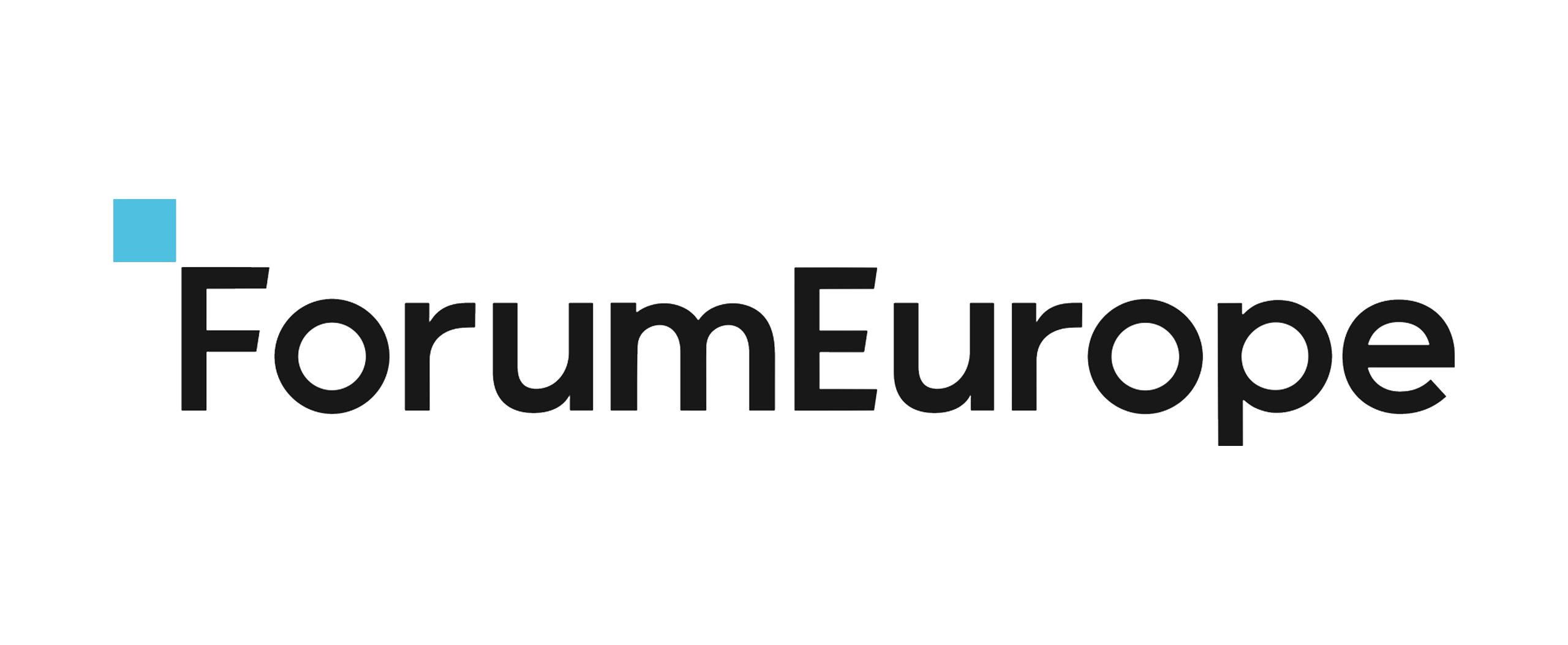
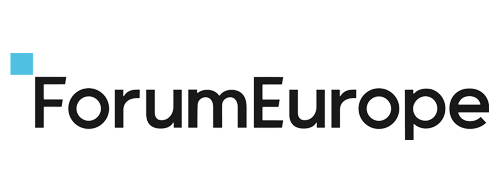 Forum Europe | Event Organiser
Forum Europe | Event Organiser Forum Europe events are where people and policy meet. We have been organising policy conferences in Brussels and around Europe since 1989. Our events provide unique insights from the people behind the policy and those seeking to influence it. Our expert team develop conference programmes with impact and provide first-class event logistics. Forum Europe is more than an event management and conference production specialist. With offices in Brussels and the UK, we operate across Europe and globally. Through our international arm, Forum Global, our events cover five continents, and engage policymakers and industry at national and regional levels around the world. Our mission is to drill down to the issues that matter, creating policy events that are ahead of the curve, facilitating frank and open debate on some of the most pressing issues facing Europe and the world today. Visit website: https://www.forum-europe.com

 Barclays | Event Host
Barclays | Event Host Barclays is a major global financial services provider engaged in personal banking, credit cards, corporate and investment banking and wealth and investment management with an extensive international presence in Europe, the Americas, Africa and Asia. With over 300 years of history and expertise in banking, Barclays operates in over 50 countries and employs 140,000 people. Visit website: www.barclays.com
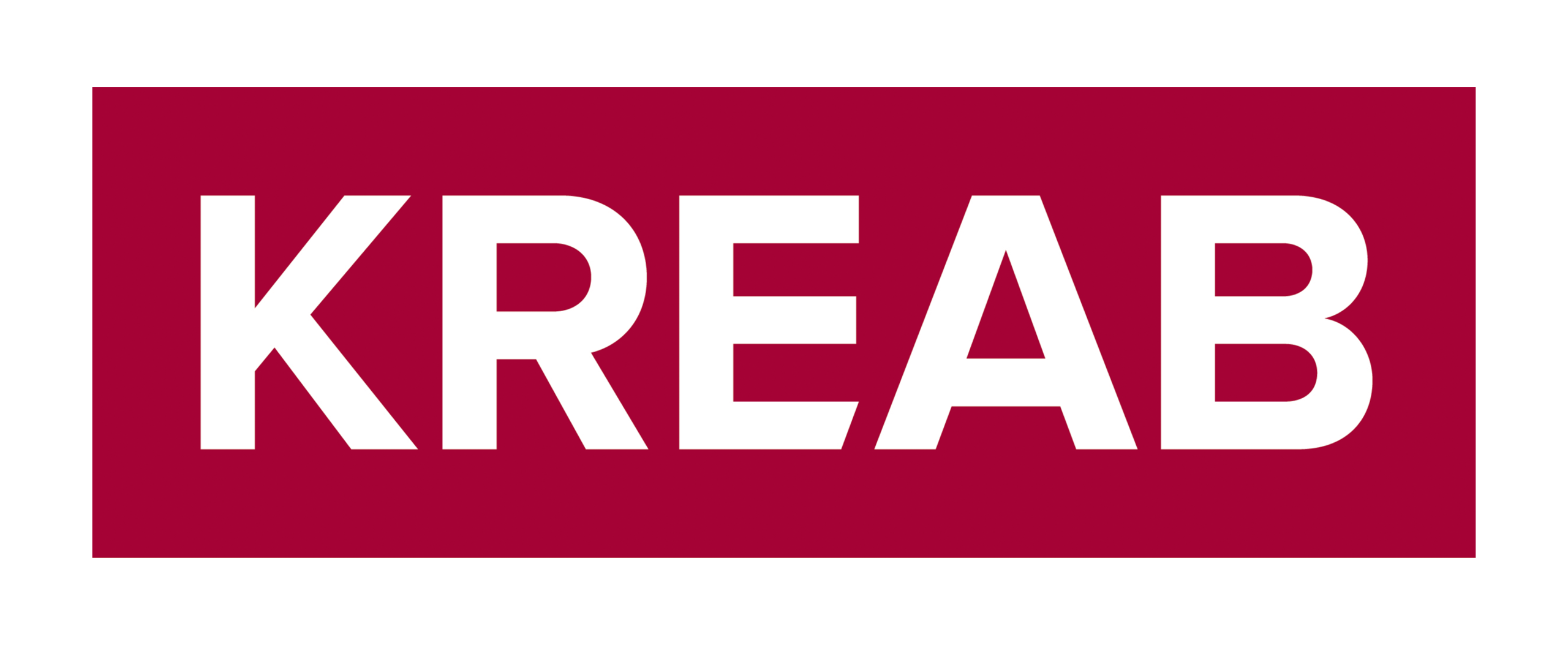
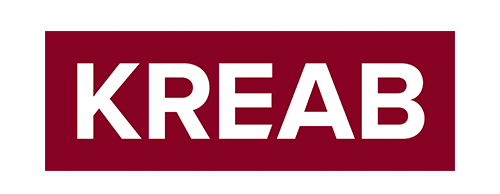 Kreab | Event Host
Kreab | Event Host Kreab is a world leading communications consultancy. We provide independent and strategic advice on high-stakes financial, corporate and public affairs communications. With operations in 25 countries, and over 350 highly experienced consultants, we offer communications counsel to the highest levels within companies, organizations, governments and governmental agencies. Visit website: www.kreab.com

 BNP Paribas Fortis | Event Partner
BNP Paribas Fortis | Event Partner BNP Paribas Fortis is an international bank based in Belgium and a subsidiary of French banking group BNP Paribas.
BNP Paribas Fortis offers the Belgian market a comprehensive range of financial services a range of client types, including individual customers, self-employed people and those in the liberal professions, small and medium-sized companies, local businesses, corporate clients and non-profit organisations. In the insurance sector, BNP Paribas Fortis works closely, as a tied agent, with Belgian insurance company AG Insurance.
BNP Paribas Fortis is the number-one bank for retail customers in Belgium in terms of market share and it has a strong market position among professionals and small businesses. BNP Paribas Fortis is also the leading private bank in Belgium. It ranks number one in corporate banking, offering a full range of financial services to corporate clients, public-sector entities and local authorities. Outside Belgium the bank supports via BNP Paribas group’s international network of branches across 63 countries. The commercial organisation of the bank comprises the entities Retail Banking, Affluent & Private Banking and Corporate Banking:

 ECSDA | Knowledge Partner
ECSDA | Knowledge Partner ECSDA represents 40 national and international central securities depositories (CSDs) across 36 European countries. The association provides a forum for European CSDs to exchange views and take forward projects of mutual interest. It aims to promote a constructive dialogue between the CSD community, European public authorities, and other stakeholders aiming at contributing to an efficient and risk-averse infrastructure for European financial markets.
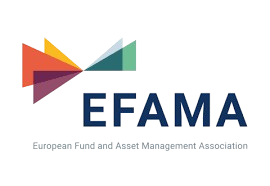
 EFAMA | Knowledge Partner
EFAMA | Knowledge Partner EFAMA, the European Fund and Asset Management Association, is the voice of the EUR 28.5tn European investment management industry.
As a trade association, our role is to promote the interests of our members and raise awareness of the importance of the services and solutions they provide.
Our pan-European membership as well as our governance ensure that we represent the rich diversity of the European investment management industry, and not merely a subset thereof. This makes us the natural interlocutor of the EU institutions for all issues relevant to our sector. Our remit goes beyond the EUR 31tn however. We support open and well-functioning global capital markets and engage with international standard setters and relevant third country authorities on a wide range of issues.
Since its establishment, EFAMA has been fully supportive of the EU project and working hard towards helping the EU achieve its objectives, whether in terms of single market, consumer protection or more recently CMU and sustainable finance.
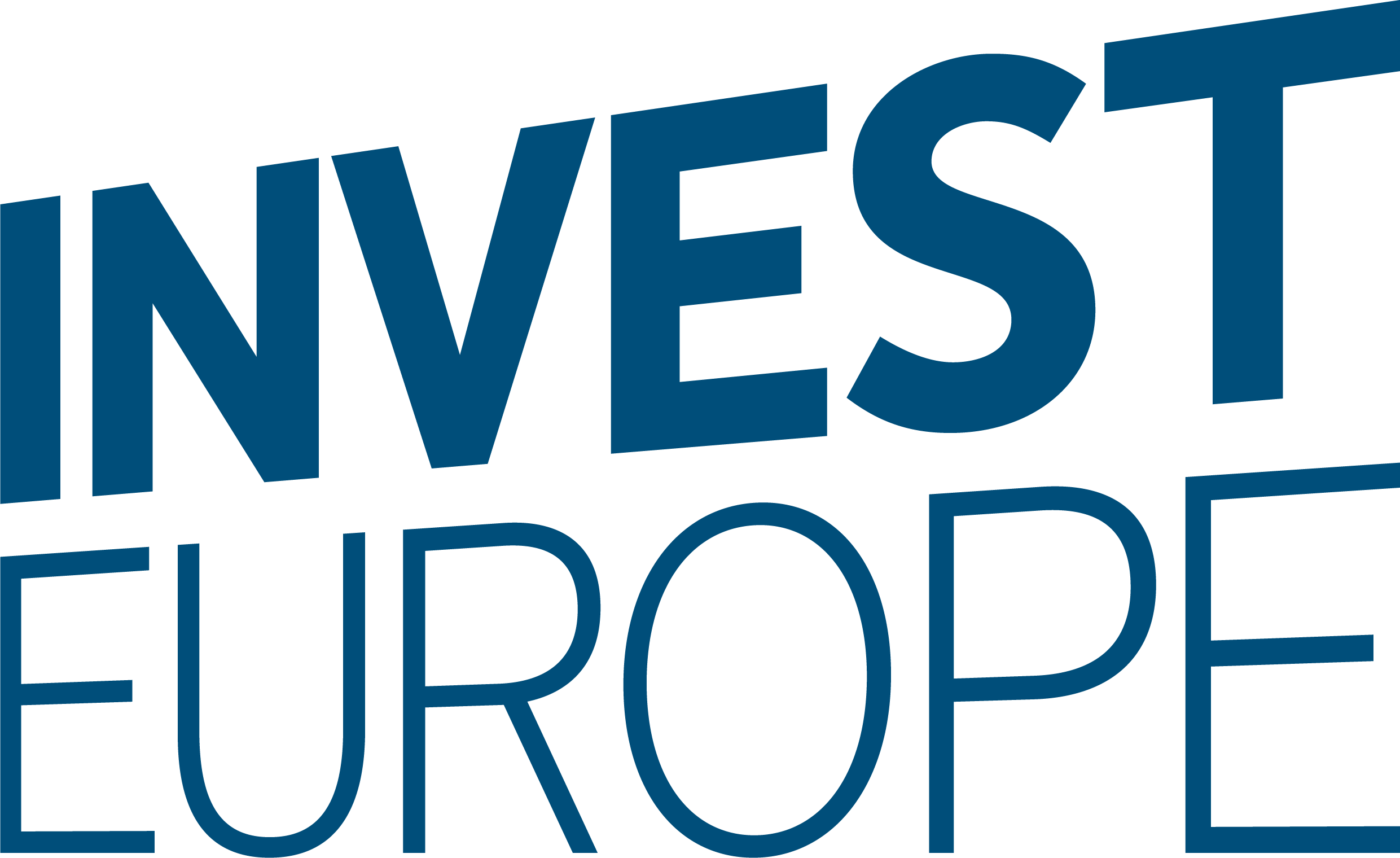
 Invest Europe | Knowledge Partner
Invest Europe | Knowledge Partner Invest Europe is the world’s largest association of private capital providers. We represent Europe’s private equity, venture capital and infrastructure investment firms, as well as their investors, including some of Europe’s largest pension funds and insurers.
Our aim is to promote a better understanding of private equity that enables our members to invest capital and expertise into improving businesses and generating returns for investors, free from unnecessary regulation and constraints.
Invest Europe’s members take a long-term approach to investing in privately-held companies, from start-ups to established firms. They inject not only capital but dynamism, innovation and expertise. This commitment helps create healthy and sustainable companies across Europe, securing millions of jobs and delivering strong returns for leading pension funds and insurers whose members depend on them for their retirements.
Participants
Since inception
Senior International Participants
Annually
Top-Level Speakers
Since inception
BNP Paribas Auditorium
Rue de la Chancellerie 1, 1000 Bruxelles, Belgium
For more information on any aspect of this event, please contact Grace Kemp using any of the details below.
Grace Kemp
Event Manager
Forum Europe
financingeurope@forum-europe.com
More details on the conference will be sent shortly.
For any questions in the meantime, please contact FinancingEurope@forum-europe.com